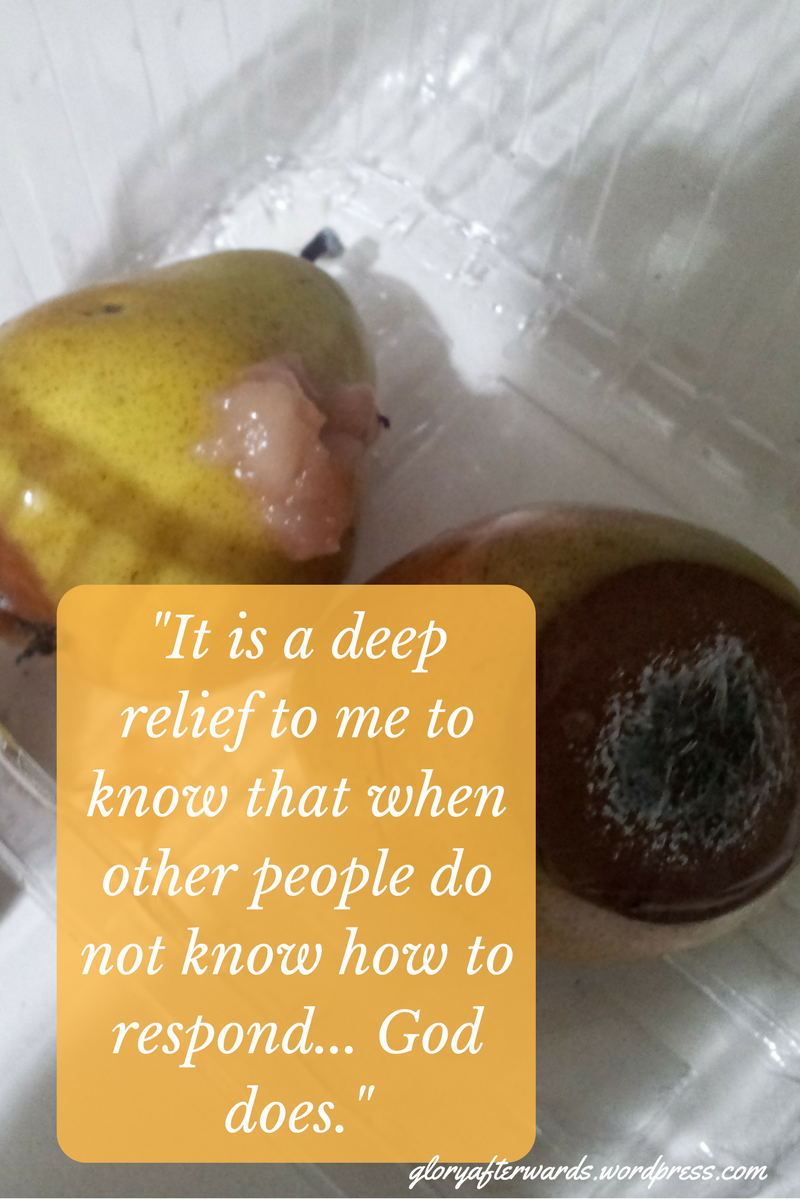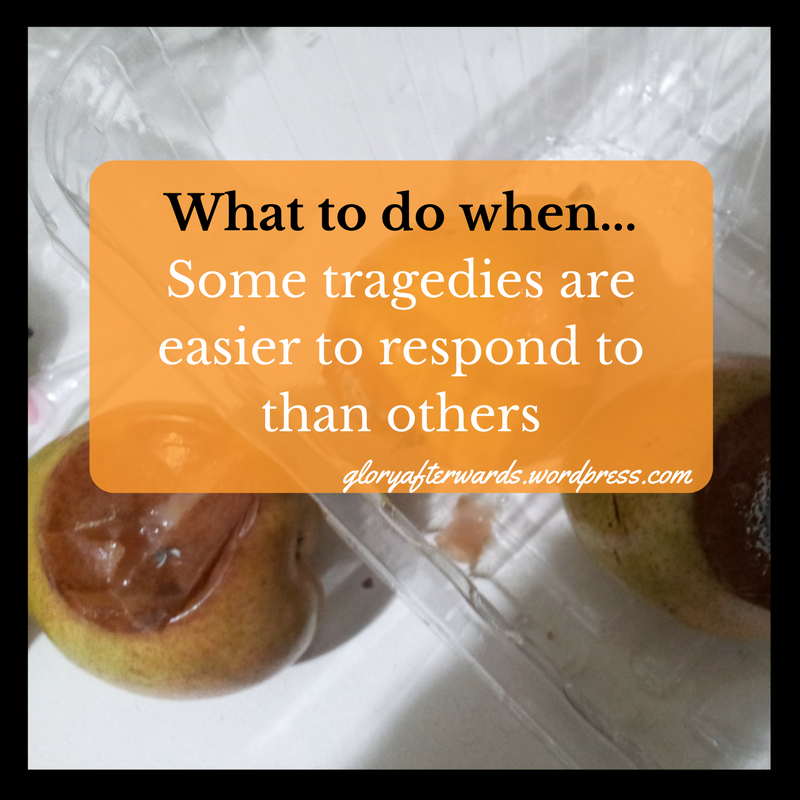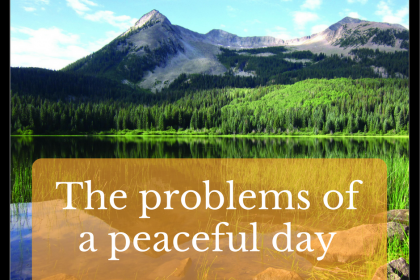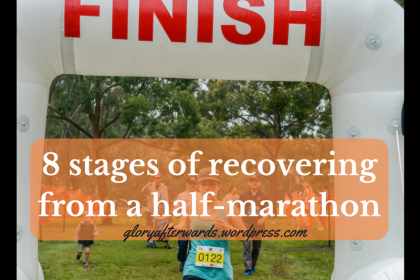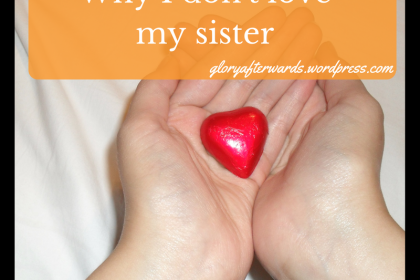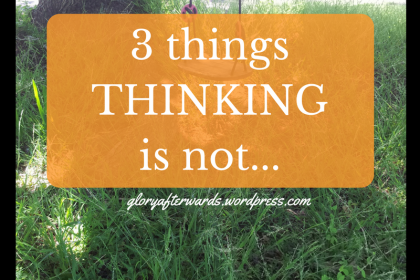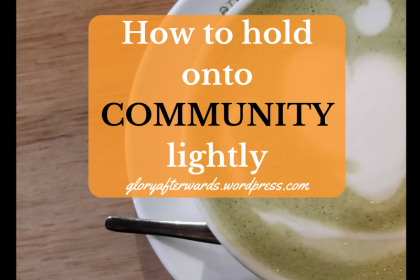When young people are dying it is tragic.
When old people are dying it is almost appropriate.
When middle-aged people are dying it is awkward.
This may seem very blunt, and an extreme over generalisation. And to some extent it is – but it highlights the reality that some situations are easier to respond to than others.
We have answers
We have a prepared, socially accepted, almost engrained response to the news that a young person is dying. In horror and sadness we recoil and exclaim, ‘that’s awful!’
And it is. That is a right response.
There is also an ‘easy’ response to the death of an old person. I know this, because it leaps to mind without me even having to search for the right words. ‘They’ve lived a long life…. Going to a better place… they’ve had their day… almost better this way. I hope it will be a smooth passing.’
Minus the fact that many people ‘conjure’ a belief in heaven exclusively for such situations, there is nothing perhaps instinctively wrong with this response either. After all, death is the expected end to life on the earth, and running the other way after 70 or 80 years is denying reality.
Do we give these answers?
It’s a relief to many of us to find answers on the tip of our tongues when we receive devastating news. Of course, these answers are nothing if it is someone close to us who is dying. Death has a habit of obliterating each and every pre-prepared response in a heartbeat. But if it’s someone else’s cousin or a person in the news, these responses can seem very useful.
But are they really? I’m not convinced. I’m not convinced that anyone needs to hear tired platitudes. I dislike the way they enable us to brush over tragedy without thinking deeply about it. And yet at the same time, we are called to state the truth, and admit reality. And these responses do so – if only by saying ‘youthful death is abnormal’ or ‘passing away at the end of your life need not be a sad thing’. Still, I think perhaps these responses are given more often than they are required. Sometimes it’s best to remain silent, or say ‘I’m sorry’.
The limitations of such responses
The difficult thing about these responses is that they are not a ‘fix all’. In fact, I suspect they ‘fit’ a situation a lot less than we like to believe.
Such is the case when middle aged people lie dying.
How does one respond? Do we complain that they have their entire life ahead of them? Or try and encourage ourselves that they’ve already lived a long life? Do we talk about how many lives they’ve impacted – or do we weep over the grandchildren they will never see grow up?
It’s a tragedy when we don’t have an answer to situations like this. And there are many of them. We encounter thousands of ‘awkward’ situations each week when our ‘comfortable’ or ‘natural’ responses don’t fit – and it’s a challenge to know how to respond in love.
When no one knows what to say
I find it a deep relief to know that when other people don’t know how to respond – God does. In fact, He responded for all time on the cross. He died a torturous death in order that we might know that death is not natural, yet not to be feared. In order that we might say, no one understands, but God understands. So that we can stand and say, the most important thing is not whether they are alive and well or dead and out of misery, but whether they know Jesus as their Saviour.
Death is never, ever awkward for Jesus. Whether the person knows Him personally or not, their life is writ in His plan, for His glory.
He has the answer, because He is the answer. This may seem like a platitude or an over-simplification, but when I gaze across my life into eternity, I know that it is true.
